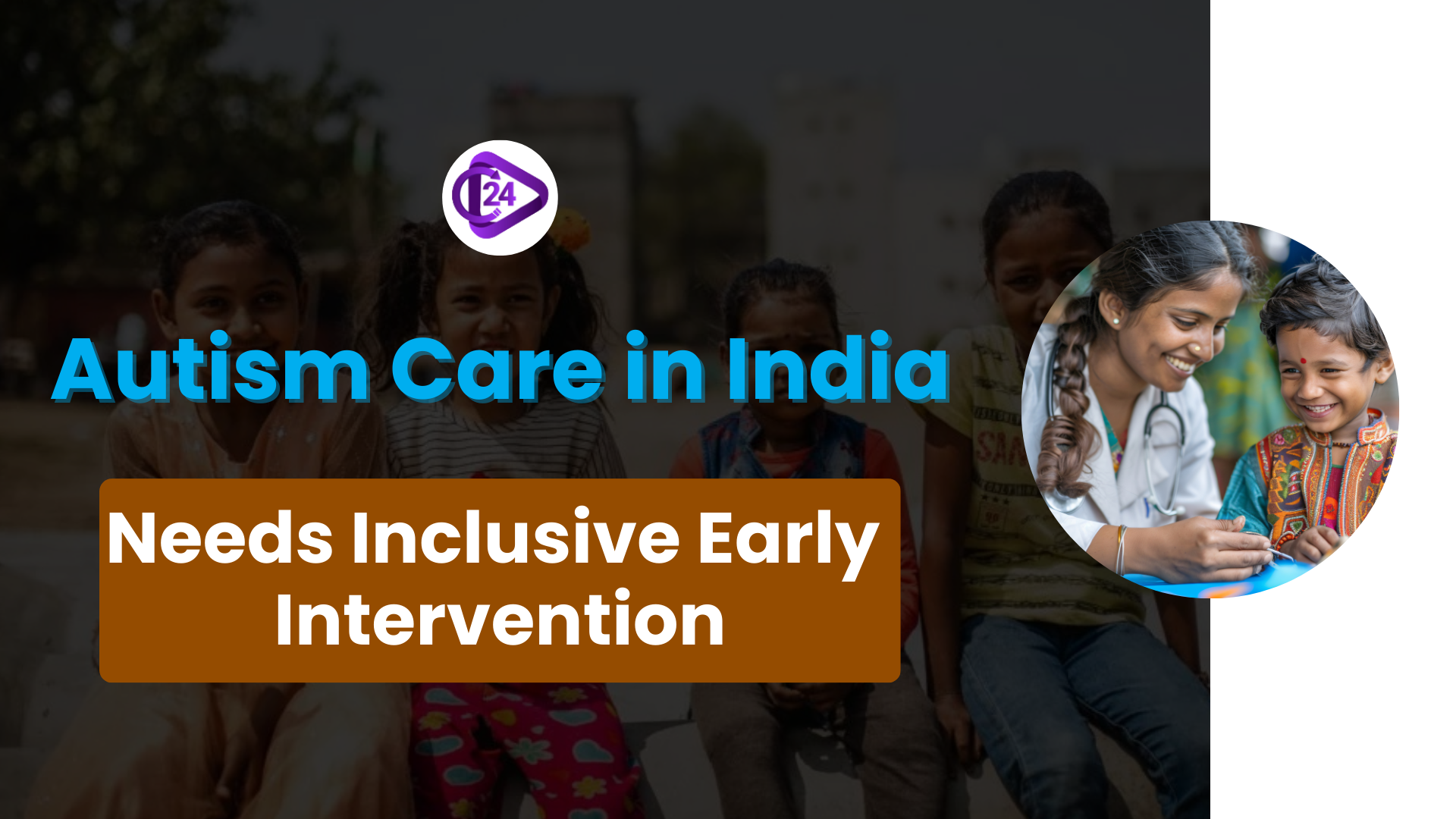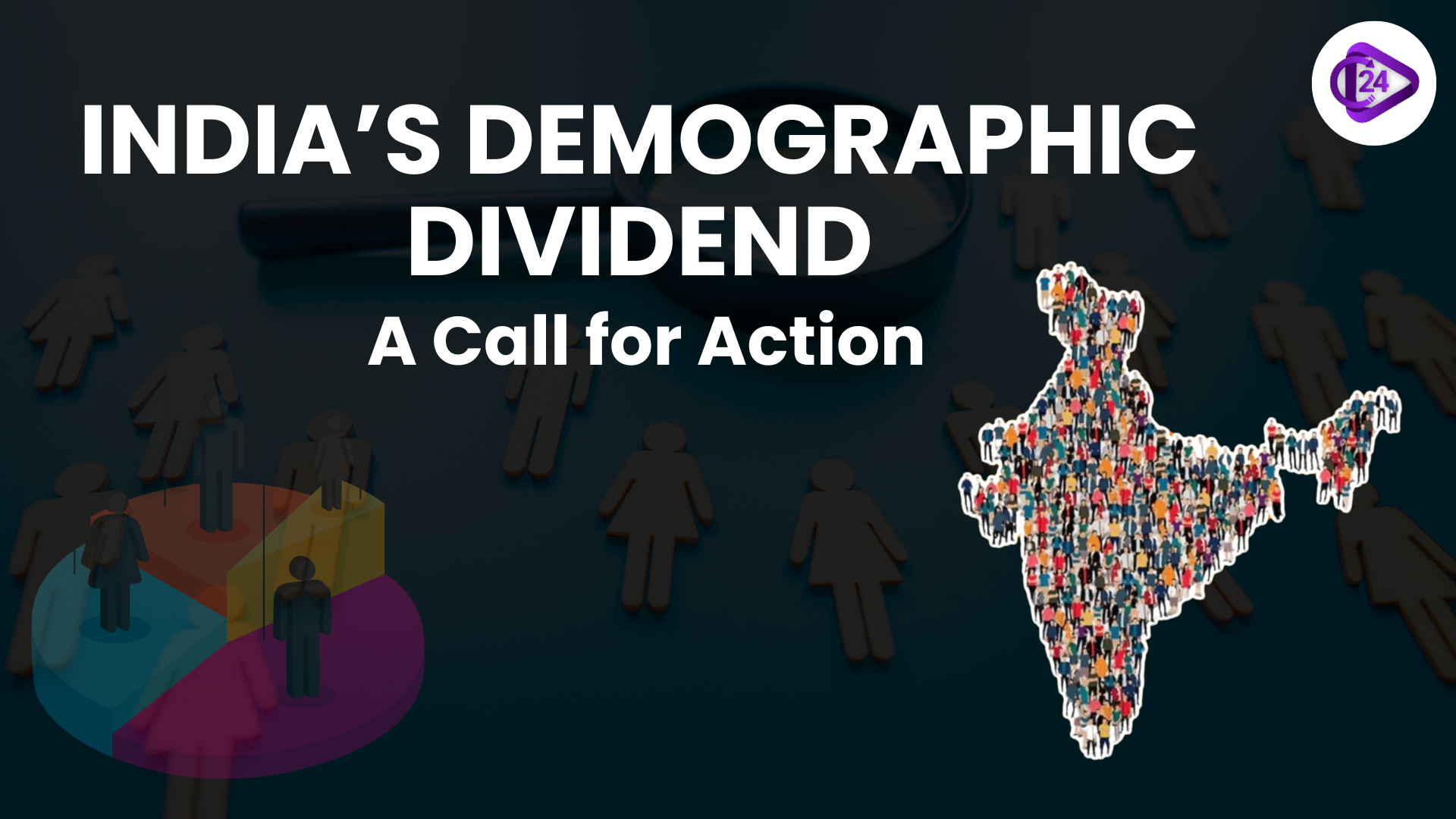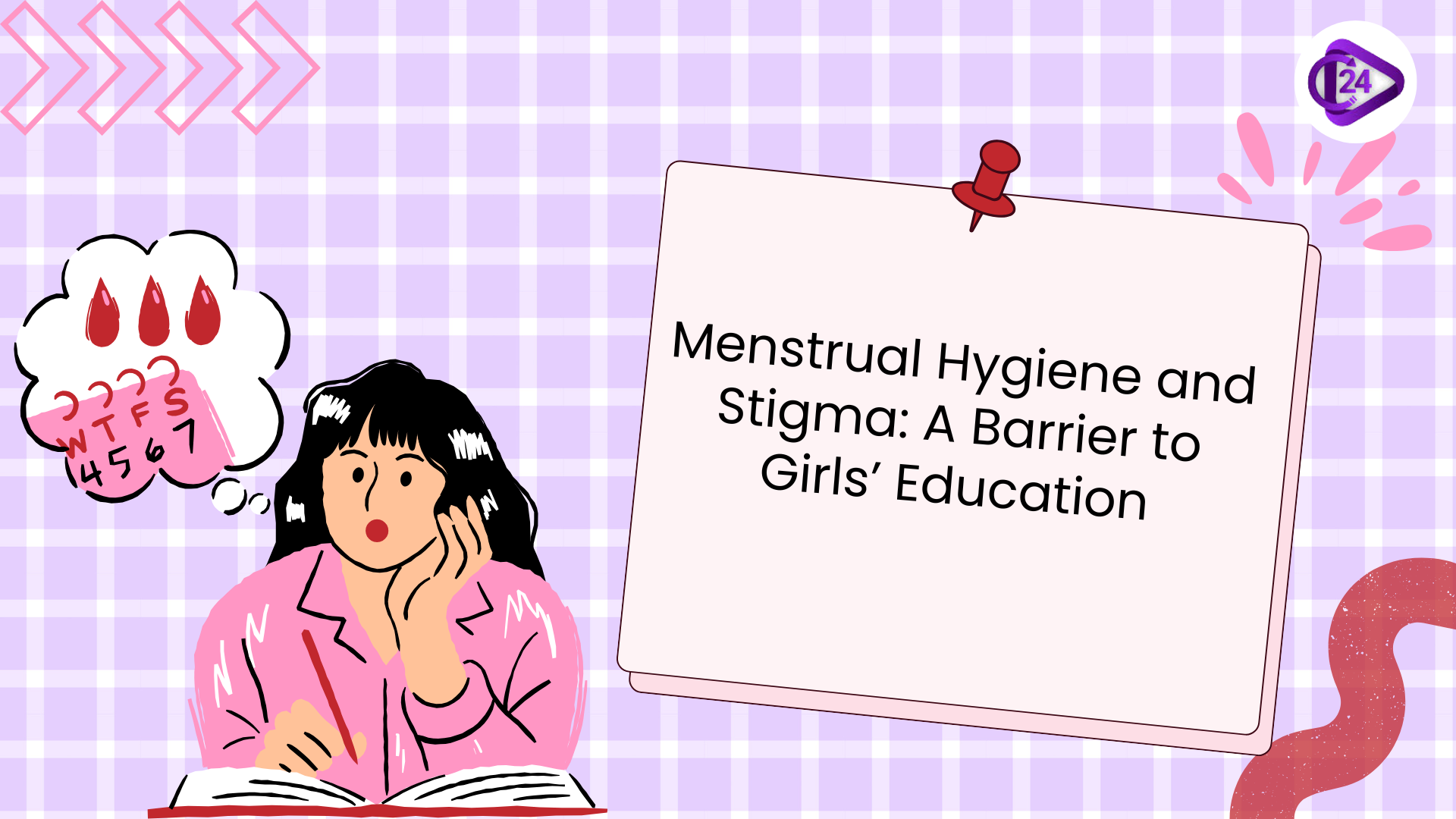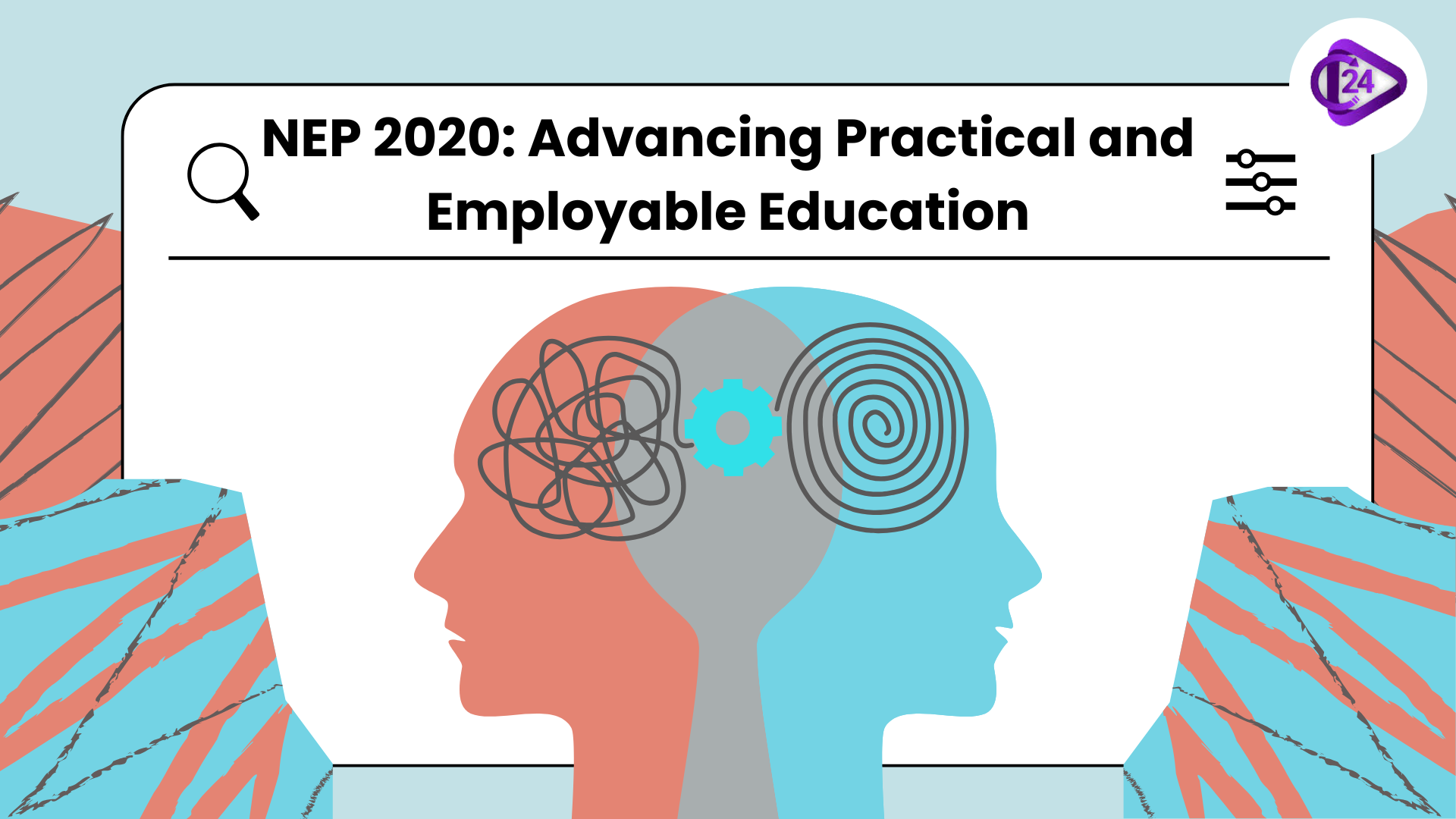
Autism Spectrum Disorder (ASD) is now a significant problem for public health, partly because of its increasing numbers and also because early recognition, understanding and help are lacking. As more people discuss autism publicly, including leaders from all over the world, India needs to handle autism policy using science, inclusion and a whole-person approach.
Key Points
What does Autism mean?
-
People with ASD have challenges with communication, socializing and how they act.
-
It is a difference in development, not a disease and the severity may change from mild to severe.
Why Do Children Get Autism?
-
The disease results from both genetics (up to 91% heritability) and environmental factors.
-
Eco-risks to a pregnancy are advanced maternal age and fetal exposure to contaminants.
-
Evidence has shown vaccines do not cause autism.
Can Autism Be Avoided?
-
Because the cause of Alzheimer’s is still not certain, primary prevention is currently difficult.
-
The main point to watch is:
-
Secondary prevention involves finding problems as early as possible.
-
When tertiary prevention is used, significant support is given early on.
Rising Prevalence
-
Records in both global and Indian data show that instances are getting higher.
-
New ways of making people aware and checking for cancer early.
-
New guidelines now cover mild and moderate cases in addition to severe ones.
-
Increasing numbers of people and better healthcare reach.
Today’s Problems in India
-
The problem is often missed because parents and healthcare workers are not aware enough.
-
Services are mostly designed for cities, but reach few or no rural areas.
-
Fear and false ideas have linked vaccines to autism.
-
There are not enough specialized workers in developmental paediatrics and therapy.
Rules and Guidelines
-
The Rights of Persons with Disabilities Act, 2016 lists ASD as a disability and directs that education, health and employment be available for everyone on the spectrum.
-
National Trust Act, 1999: Autism is included and the law offers protection and support.
-
Problems at ground level with how programs are put into practice and supervised
Current Situation(As of May 2025)
-
The sooner a diagnosis is made and early treatment is given, the better for the brain’s development.
-
Offering parents education and counseling.
-
Community education efforts that challenge beliefs about myths.
-
The main emphasis in maternal and child health is on prenatal and perinatal care.
The Future Strategy: What We Can Do
-
Add autism screening to the National Health Mission and the Reproductive and Child Health Services scheme.
-
Teach ASHA, Anganwadi and school staff what to watch for in young children.
-
Help students with special needs by developing and using special educational materials.
-
Using corporate social responsibility to help therapy and vocational centres in the countryside.
-
Large-scale media efforts can help to lessen the stigma of autism.
-
Offer mental health support and give families brief periods of relief.
Conclusion
Indian autism care is now facing an important turning point. Although research has disproved harmful myths and explained the disorder in many ways, society and service providers have not kept up. At this time, it is essential to swap fear for facts, stigma for help and put off early intervention. At that point, no child with autism or similar conditions will be excluded from India’s efforts for inclusive growth.



 India’s Demographic Dividend as a Time Bomb: A Call for Action
India’s Demographic Dividend as a Time Bomb: A Call for Action Free Bus Schemes Help, But Rural India Pays More to Travel
Free Bus Schemes Help, But Rural India Pays More to Travel Keeladi Controversy-Conflict of Archaeology, Politics and Tamil Heritage
Keeladi Controversy-Conflict of Archaeology, Politics and Tamil Heritage Uttarakhand: A Persistent Hotspot for Helicopter Accidents
Uttarakhand: A Persistent Hotspot for Helicopter Accidents Empowering Women in Agriculture for Food Security
Empowering Women in Agriculture for Food Security Is India the World’s Fourth Largest Economy?
Is India the World’s Fourth Largest Economy? Rewriting the Script of Early Childhood Education: A Key to India’s Future Workforce
Rewriting the Script of Early Childhood Education: A Key to India’s Future Workforce Menstrual Hygiene Issues and Period Stigma: A Barrier to Girls’ Education in India
Menstrual Hygiene Issues and Period Stigma: A Barrier to Girls’ Education in India NEP 2020: Paving the Way for Practical, Pragmatic, and Innovative Education to Enhance Employability
NEP 2020: Paving the Way for Practical, Pragmatic, and Innovative Education to Enhance Employability






